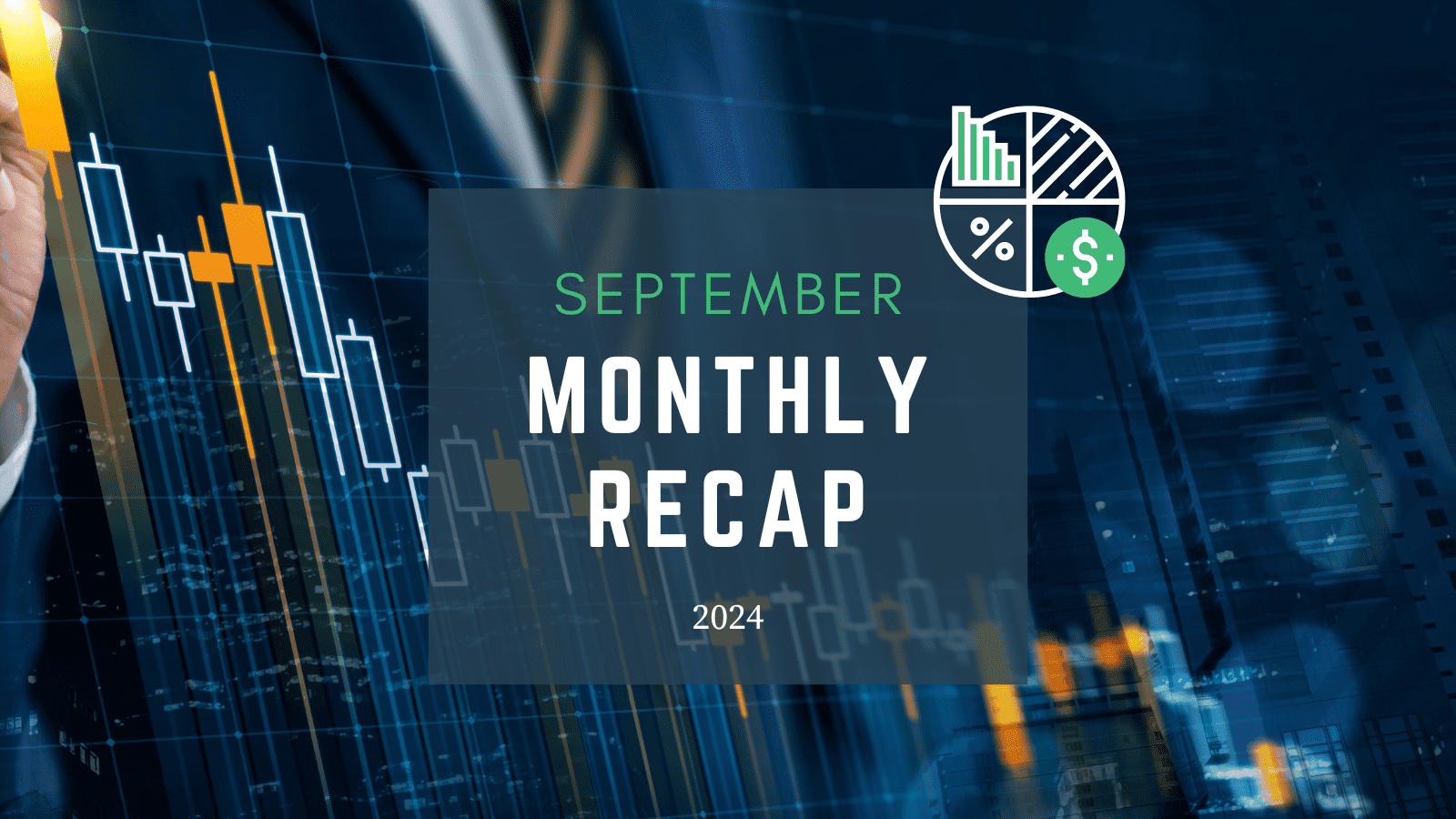Kevin Ward, Advisor
As life expectancies have extended and as wealth in many developed countries has grown exponentially over the last century-plus, retirement not only has increasingly become a reality for many, but it also may represent a relatively significant share of your lifespan. How you will spend it and what it will look like are increasingly relevant—and weighty—questions. In a prior introductory piece, we explored two broad buckets for consideration when approaching retirement: financial factors, and lifestyle and emotional factors. In the following paragraphs, we will dive deeper into some financial factors that can materially impact your retirement reality.
Among retirement’s primary financial considerations are health insurance, income sources, living arrangements, and financial goals. Health insurance, often paid for partly or fully by employers, understandably represents a meaningful line item on many retirement budgets. For retirees 65 years and older, Medicare can be one of the more affordable means of obtaining insurance and can possibly help you recoup some of the years of taxes you paid into the program. But Medicare isn’t a one-size-fits-all plan—rather, it’s an umbrella term for four different parts, including Part A, Part B, Part D, and Medicare Supplemental Insurance, or Medigap. Further complicating things are two additional broad terms: original Medicare and Medicare Advantage.
Original Medicare is provided by the federal government and includes Parts A, which is hospital coverage, and B, which is medical coverage. It does not include prescription drug coverage or any additional coverage like vision and dental. In contrast, Medicare Advantage is offered through private providers. It has not only Parts A and B but also often Part D, which is prescription drug coverage, and additional coverage like vision and dental.
In addition to these coverage differences, costs will also differ, as will the network of available doctors. With Original Medicare, you can typically see any doctor you’d like. In contrast, with Medicare Advantage, you must see an in-network doctor, much as you likely did under the insurance plan you had through your employer.
If those weren’t enough options to digest, there are more: You don’t have to purchase a Medicare plan at all—you can also purchase an insurance plan through the federal marketplace, through your state insurance exchange, or through a private insurance provider—though in many cases, a Medicare option will likely prove most affordable. The health insurance landscape is broad and complex, and the nuances can be tremendously important, given they can impact your health care options. The keys are doing your research, asking critical questions, and sufficiently weighing your current and future potential health situation.
Given the significant budget item health insurance represents, a natural question is: How will I replace my income in retirement? As with health insurance, the possibilities are many and varied, giving you flexibility. If you’re 62 years or older, you are likely eligible to collect Social Security—though your payments may not fully cover your living costs. Fortunately, the savings you accrued during your working years could yield passive income, which can help supplement Social Security or other pension-like payments. For example, dividend and interest payments can provide monthly cash flow. If you establish these payments as monthly or bi-monthly transfers into your checking account, you can even create your own paycheck replacement program, which can help you maintain your standard approach to monthly budgeting.
Nor are dividends and interest your only passive income possibility—maybe you have an investment property generating positive cash flow. Or perhaps you have an opportunity to invest in a piece of property that could generate income for you.
Then, too, maybe you’re not ready to rely primarily or entirely on passive income. Depending on your plans for how you’ll spend your time—which we discuss more in our lifestyle-related deep dive—maybe some part-time work appeals to you. There could be opportunities to either maintain a part-time affiliation with your employer or start your own business to generate some income monthly. Such a path may not fully cover your expenses, but every bit contributes to—maybe enhances—your ability to live the lifestyle you’ve envisioned.
Another significant financial consideration of retirement is where you will live—which admittedly straddles the financial and emotional realms. We touch on the emotional in our companion piece on lifestyle considerations. But from a strictly financial perspective, the primary considerations are related, unsurprisingly, to your budget. What do your home and its maintenance currently cost? And can you afford those costs? Think not just about the monthly bills, like water and gas, but about how much you spend on repairs or yard care. When might the house need a new roof or a coat of paint? And when those expenses come, how will you cover them? It’s also worth estimating how much equity is in your home. Maybe it makes sense to sell your current home to unlock your accrued equity and downsize into something less expensive to maintain. Or perhaps you have the option to keep your existing home but rent it out and live full-time elsewhere. Importantly, these decisions have tax implications, so as with all financial-related matters, it’s good to involve a well-informed financial advisor to help make sure you’re factoring in all the right variables.
Additionally, consider whether and how your financial goals may shift once you officially retire. The good news is that you’re no longer aiming at retirement, but the next question is: Now what? Are you striving for new financial goals, and what are they? Would you like to help pay for children’s continuing education or grandchildren’s primary education? Would you like to travel? Own a second home in a dream location? Or perhaps you’d like to plan to leave a legacy—whether on behalf of your alma mater or a cause about which you are passionate. Now that you have retired and presumably put sufficient planning into paying for your day-to-day living expenses, other options for your money are open to you, and you can begin planning for those.
Retirement represents a monumental shift—but one from which you can eliminate much of the uncertainty with planning and foresight. Obviously, no one has a crystal ball, so you can’t anticipate every twist or turn your life may take, either while you’re working full-time or once you’ve stepped away. But thinking through the various scenarios and their probabilities can help mitigate some of the discomforts accompanying such a significant life change. You can share your thoughts, ideas, goals, and plans with your family and an experienced financial advisor who can help ensure you’re asking all the right questions and turning over the right rocks. With all that advanced work, you can shift your focus to retirement’s lifestyle-oriented considerations, which we tackle in our companion piece.
If you have more questions, please reach out to our team at breckenridgeteam@monetagroup.com.
© 2022 Moneta Group Investment Advisors, LLC. All rights reserved. The information contained herein is for informational purposes only, is not intended to be comprehensive or exclusive, and is based on materials deemed reliable, but the accuracy of which has not been verified. Examples contained herein are for illustrative purposes only based on generic assumptions. Given the dynamic nature of the subject matter and the environment in which this communication was written, the information and opinions contained herein are subject to change. This is not an offer to sell or buy securities, nor does it represent any specific recommendation. You should consult with an appropriately credentialed professional before making any financial, investment, tax or legal decision. Past performance is not indicative of future returns. All investments are subject to a risk of loss. Diversification and strategic asset allocation do not assure profit or protect against loss in declining markets. These materials do not take into consideration your personal circumstances, financial or otherwise.



